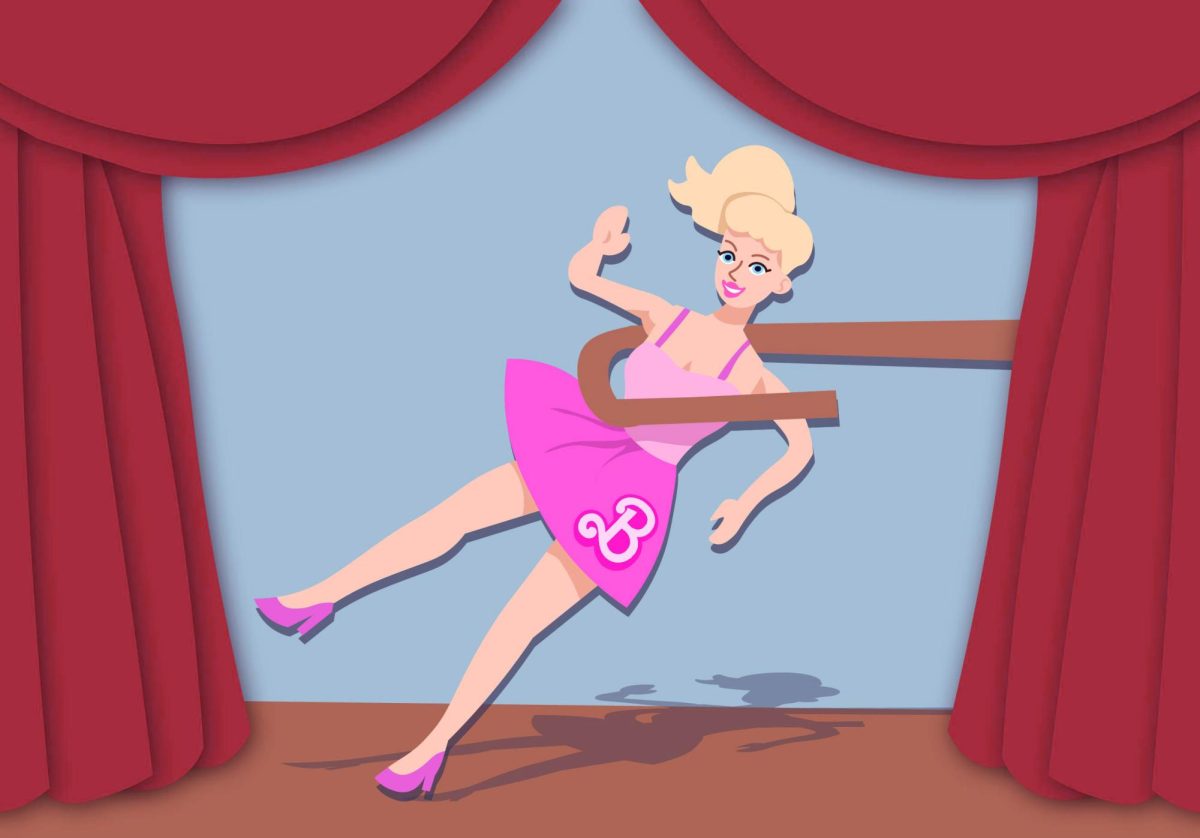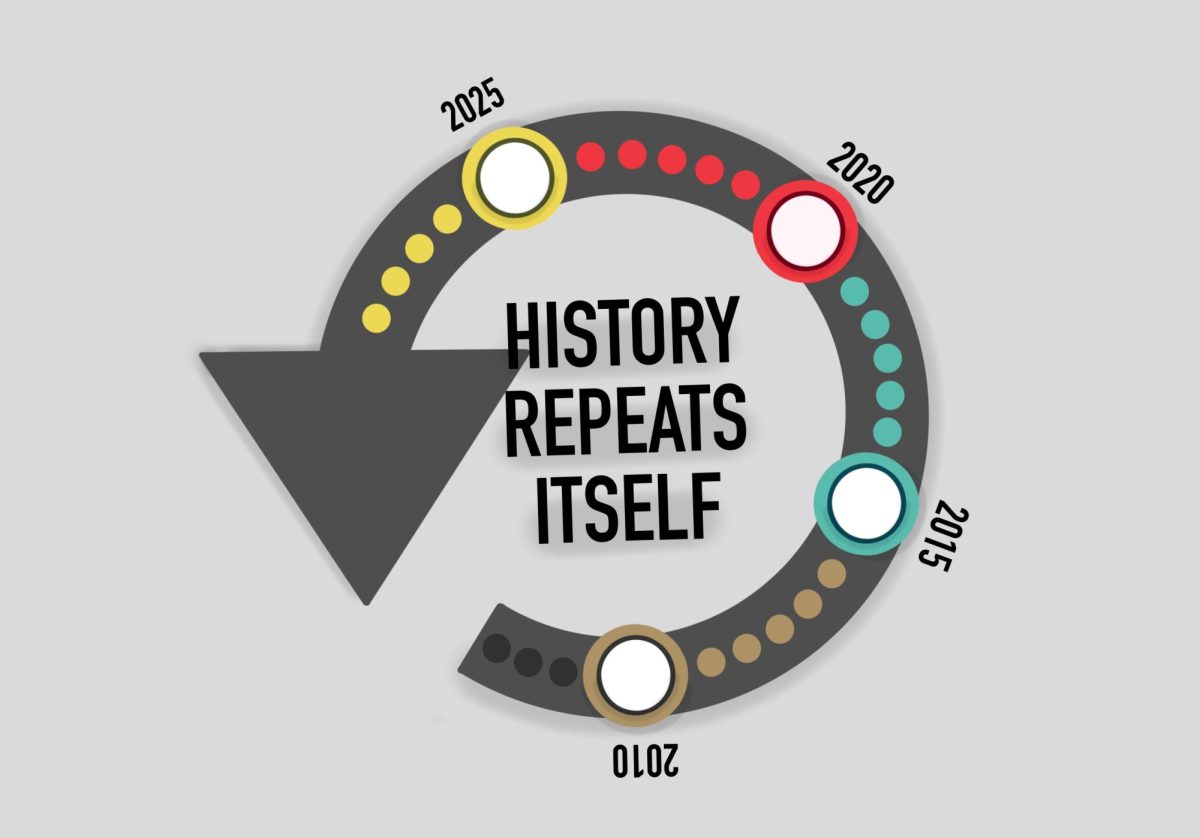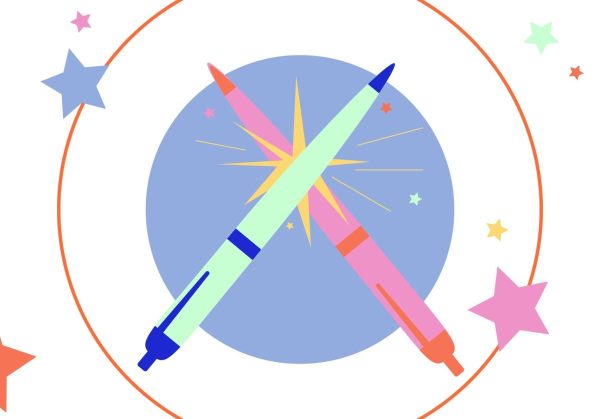When this year’s Academy Awards nominations came out, fans of the film “Barbie’” were quick to flood everyone’s screens with their outrage, trickling debate into the many corners of social media.
While we can pull up all the minutiae as to what exactly goes into considering an academy nomination, one point from this controversy feels certain and worthy of recognition: there is a clear lack of opportunity for women working in the film industry.
“Barbie” made history as the highest-grossing film directed by a woman of all time, proving to the public that films written and directed by women can be as financially successful as films written and directed by their male counterparts. On the surface, this feels like a major win for women not only within the film industry but everywhere — especially when you look at those box office scores.
Yet, here we are at the start of 2024 and women still do not make up an equal portion of the film industry. According to a study, 75% of top-grossing films hired 10 or more men while only 4% hired 10 or more women in 2023. Additionally, only 16% of directors on the top 250 grossing films of 2023 were women.
That is less than the previous year, which was 18% — a notable decline for an already low percentage.
In the year with some of the most publicly acclaimed films being directed by women, you would think the film industry was finally crossing the street on this gender inequality issue — but they aren’t even past the curb. What could be the reason? It’s pretty simple really: Major film studios are not hiring enough women.
Carolyn Sackett, a fourth-year student and president of a film club at the University of Minnesota, doesn’t find the percentage surprising, but the lack of catch-up for hiring more women is disappointing.
“A lot of it has to do with it being a boys club to direct a movie,” Sackett said. “You need a lot of connections and someone who’s willing to produce and finance. People need to think you’re capable enough to do it. And unfortunately, with Hollywood being once again such a boys club, it’s a lot harder for a woman to get that okay.”
Success in the film industry is not always attributed to popularity, but it most definitely is attributed to opportunities. Yet, in the case of being a woman, opportunities are scarce and it seems like popularity is the only way to get to success, or at least close to it, whereas the film industry seems to favor men regardless of status.
Because of this, up-and-coming women filmmakers are bending over backward to keep their ideas from being scrapped by money-hungry producers who don’t believe stories by and about women can sell.
This is no fault of women, but instead the fault of the avaricious film industry that pushed women out of director and key behind-the-scenes roles back in the 1920s when cinema started to become financially successful. Wealth and patriarchy seeped in and kept women from being treated equally in the industry and from being awarded their deserving accolades.
Kelly Nathe, a publicist and programmer for MSP Film Society, finds the industry to be rooted in patriarchal ideals and evidently, those ideals have unconsciously manifested into places like the prestigious Academy Awards.
“Typically, when you’ve been nominated, you’re automatically invited [to the academy] and you can also be invited to join by peers who are within the academy,” Nathe said. “And so, it’s sort of this Sisyphean task that specifically women who are trying to get up the hill, as directors, can’t quite get there. They can’t quite get nominated, so they can’t join the directors branch of the academy.”
In an effort to incorporate more diversity, the academy planned back in 2016 to double its number of diverse members by 2020. In 2021, almost 400 new members joined, of which 46% were women.
However, even with this substantial increase, women only made up about 33% of academy voters in 2022, continuing its gender discrepancy.
Now, I’m not dismissing the academy’s attempt to be more inclusive — I’m glad that there was an increase in not only women invited but also people of color. Nonetheless, it’s still not enough, and there is no excuse for the lack of catch-up.
Women continue to prove themselves more and more each year and the public has become extremely aware of it. It’s about time that these “esteemed” award shows reflect that awareness.
“We don’t need more ‘Barbie,’ but we do need more brilliant films helmed by women telling stories that are well crafted and well rounded that people show up for,” Nathe said.
Women do not expect to be given accolades simply because they are women, but because they want their work and art to be acknowledged. But how can women be acknowledged when they are not even considered?















Yvonne Spengler
Feb 13, 2024 at 6:58 pm
Media should act as a way to represent humanity and the fact that women aren’t showing up in the hiring numbers explains another way women are made to feel less than their “male counterparts,” as you eloquently stated. Thank you for your powerful take on such a relevant and concerning issue!
Aidan Folvag
Feb 10, 2024 at 12:19 am
Hey Claudia! facts, fr!